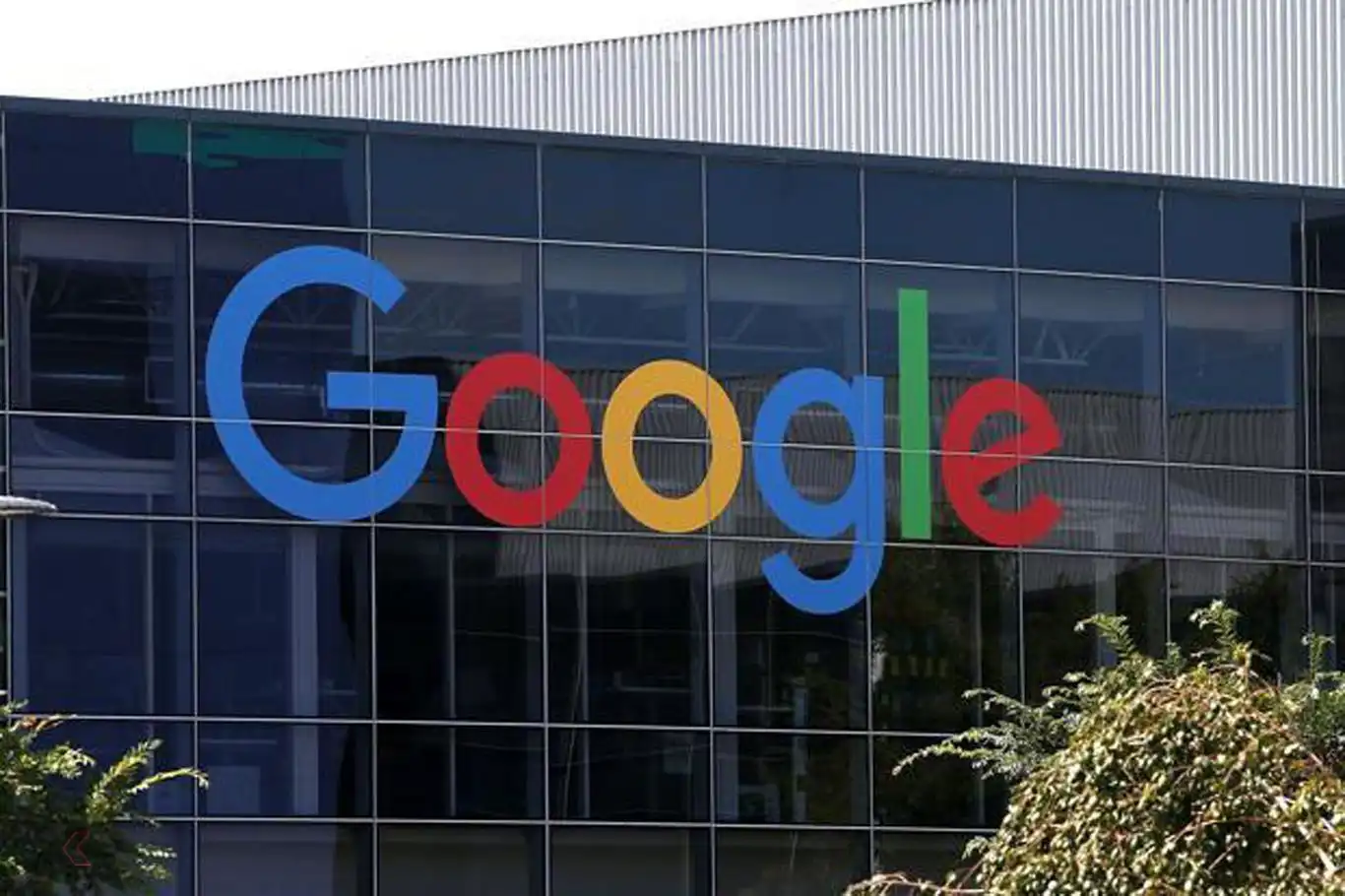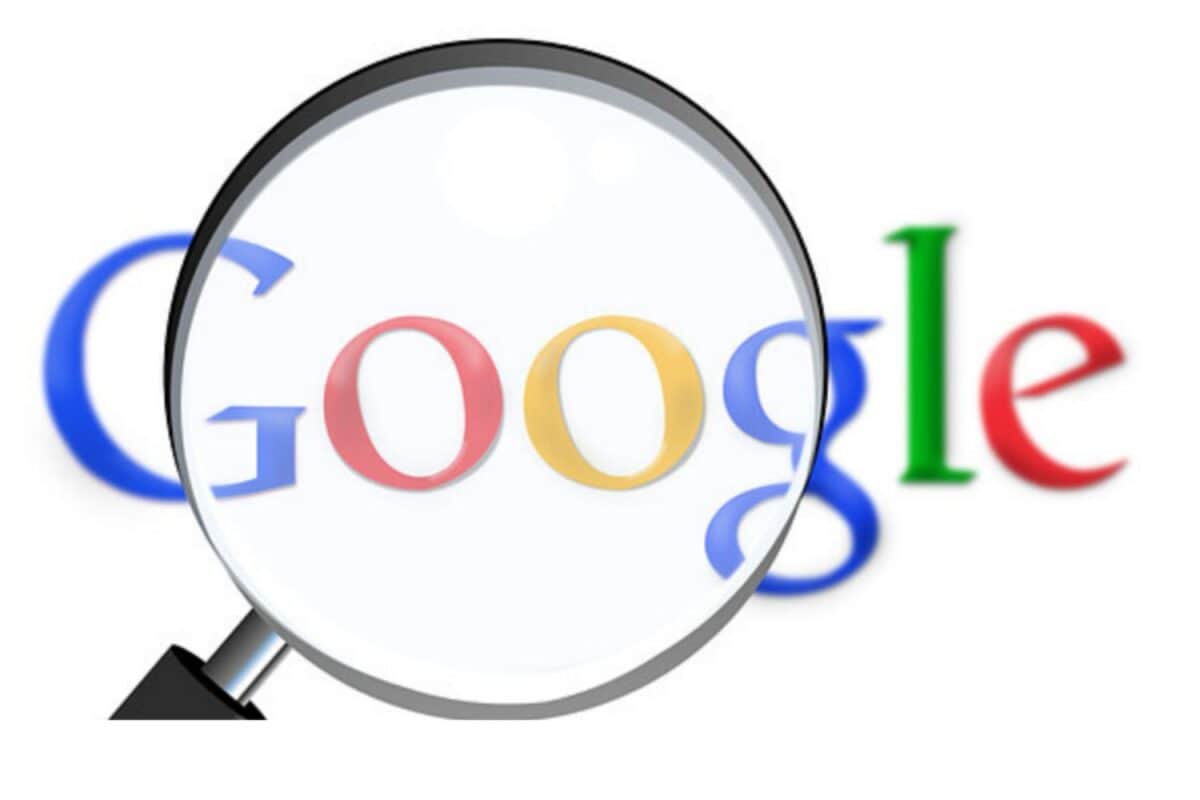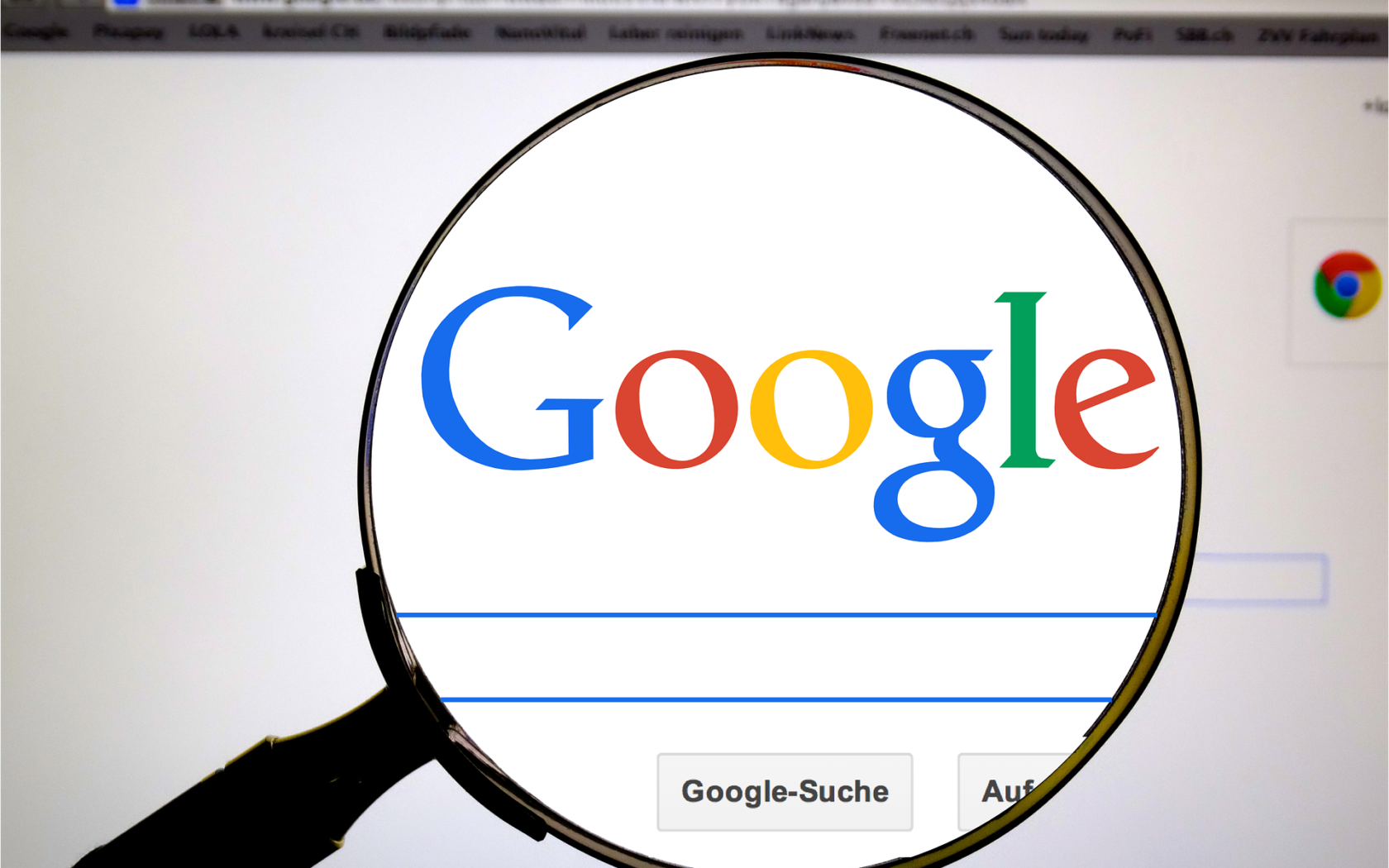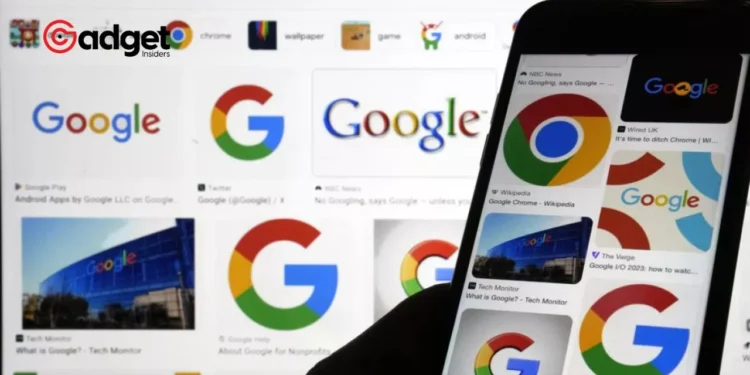In a landmark decision that reverberated across the digital sphere, Google found itself at the receiving end of a hefty €250 million ($270 million) fine imposed by French regulators. This substantial penalty underscores a growing discord between large tech corporations and the traditional media landscape, particularly around the contentious issue of copyright and payment for online content. The case shines a spotlight on the intricacies of digital copyright law, the responsibilities of tech giants in the media ecosystem, and the broader implications for the future of news dissemination online.

The Heart of the Matter: Copyright Dispute and Failed Commitments
At the core of this dispute lies Google’s alleged failure to adhere to commitments made to French media companies regarding the online reproduction of their material. This contention isn’t merely a bilateral squabble but emblematic of a larger struggle for copyright acknowledgment and remuneration in the digital age. French news powerhouses, including the esteemed Agence France-Presse (AFP), were at the forefront of the objections, catalyzing scrutiny that brought Google’s practices under the legal microscope.
The French competition authority, Autorité de la Concurrence, after an exhaustive investigation, laid bare the specifics of Google’s transgressions. It was revealed that Google breached four out of seven key agreements, pivotal among them being the tech giant’s reluctance to engage in genuine negotiations with publishers and a stark lack of transparency. Moreover, Google’s AI chatbot, initially named Bard and later rebranded to Gemini, came under fire for being trained on content from publishers without obtaining explicit consent — a move that raised serious copyright concerns.

Navigating Neighboring Rights and the Quest for Fair Remuneration
This debacle isn’t isolated but sits within a broader narrative of copyright and media rights within the European Union. France, taking the lead in enforcing EU regulations, enacted laws in 2019 to uphold “neighboring rights.” These rights enable print media to demand compensation for the use of their content online, a legislative move aimed at ensuring fair pay for publishers in the digital domain.
Google and Facebook, recognizing the shift in regulatory winds, opted to ink deals with some French media outlets, agreeing to pay for content displayed in search results. This context underscores the complex interplay between evolving copyright laws and the operational dynamics of tech behemoths.
Alphabet Inc., Google LLC, Google Ireland Ltd and Google France to pay fine for €250 million for violating an agreement on the terms of payment to media companies for reproducing their content online. #Google
— Alvaro Ochoa Moreno (@Valoochoa) March 20, 2024
The Reaction: Google’s Pledge and the Path Forward
In response to the fine, Google articulated its stance, highlighting its unique position as the first platform to have signed numerous licensing agreements with over 280 French news publishers. This commitment, according to Google, exemplifies its dedication to fostering a sustainable ecosystem for content delivery. Nonetheless, Google also expressed reservations about the proportionality of the fine, signalling potential areas of contention and ongoing debate about the equitable distribution of digital revenues.

The saga of Google’s fine in France is more than a legal dispute; it’s a narrative about the changing landscape of media, technology, and copyright law. As digital platforms continue to dominate the way we consume news, the tussle between ensuring fair compensation for content creators and maintaining open, accessible channels for information dissemination is likely to intensify. This case not only highlights the challenges of navigating these complex waters but also sets a precedent for future negotiations and regulations in the digital content arena.










